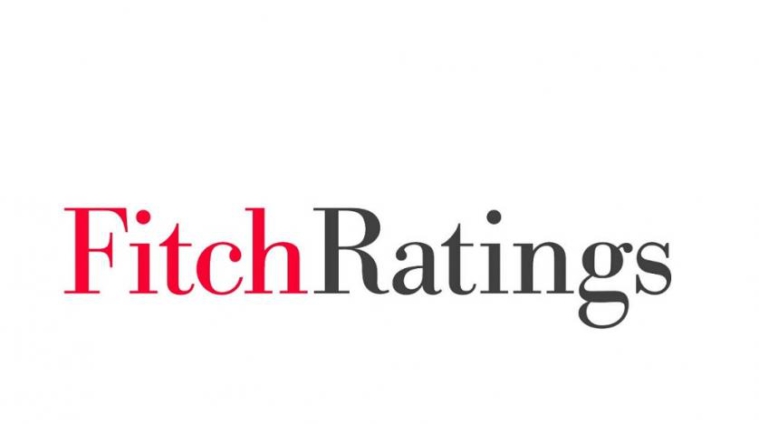The world economy is likely to grow a bit faster in 2023 than Fitch Ratings expected in its June Global Economic Outlook (GEO).
However, the deepening slump in China’s property market is casting a shadow over global growth prospects, just as monetary tightening increasingly weighs on the demand outlook in the US and Europe, Fitch said in its September 2023 GEO, released today, September 2023.
Fitch has revised up its forecast for world growth in 2023 by 0.1 percentage points to 2.5%, reflecting surprising resilience so far this year in the US, Japan and emerging markets (EM) excluding China.
“We have raised US growth by 0.8 percentage points to 2.0%, Japan by 0.7pp to 2.0% and Emerging Markets ex., China by 0.5 percentage points to 3.4%”.
This has more than offset a 0.8 percentage points cut to China – to 4.8% – and a 0.2 percentage points cut to the eurozone, to 0.6%. The differential between growth in EM ex. China and developed economies is expected to rise towards historical norms this year partly reflecting the earlier timing of the monetary policy tightening cycle in emerging markets.
“However, we have lowered our 2024 world growth forecast by 0.2 percentage points to 1.9% with widespread downward revisions. We have cut the US growth forecast by 0.2 percentage points to 0.3%, the eurozone by 0.3 percentage points to 1.1%, and both China and EM ex. China by 0.2 percentage points to 4.6% and 3.0%, respectively.
Fitch explained that the previously hoped-for stabilisation in China’s housing market has failed to materialise and new sales could fall by a fifth this year. Housing is a third of investment and 12% of Chinese GDP and has strong multiplier impacts on the wider economy. Policy easing has been underwhelming to date and export demand is falling.
Rapid US consumption growth has continued this year, despite Federal Reserve tightening, helped by a $1.2 trillion drawdown of Covid-19 pandemic savings buffers and robust nominal household income growth - as employment and wages have risen quickly. But labour demand has slowed in recent months and wage inflation will ease further as the labour market continues to cool.
Latest Stories
-
Akufo-Addo’s office denies reports of attempting to influence upcoming NPP Delegates Conference
7 minutes -
WAFCON 2024: Second half brilliance against Tanzania takes Black Queens to quarter-finals
16 minutes -
Dison International School holds colourful graduation to mark academic progress
16 minutes -
UMaT launches IET-GH Student Chapter with a call to engineer a better future
18 minutes -
Dialysis crisis: Cape Coast Teaching Hospital struggling to keep up with demand
19 minutes -
NPP must not sideline Kufuor in key decisions – Dr Asah-Asante warns
37 minutes -
Afenyo-Markin under fire for ‘strange elevation’ comment to Essikado MP ‘over’ Zanetor
1 hour -
Abanga Yakubu refutes allegations of leading unauthorised anti-galamsey operations
1 hour -
Minority, Majority MPs clash over credit for Ghana’s economic gains
2 hours -
2025 NPP Congress: Kufuor, Akufo-Addo to deliver virtual address to delegates
2 hours -
UG lifts ban on social gatherings amid improved COVID-19 situation
3 hours -
Cataract, glaucoma, and pterygium predominant in Ketu North Municipality
3 hours -
I’m not afraid of anyone in the NPP – Mustapha Gbande
3 hours -
Okada rider dies after alleged assault by galamsey taskforce at Amenam
3 hours -
Nkulenu Industries Ltd sign up for JoySports Invitational Tournament 2025
3 hours

